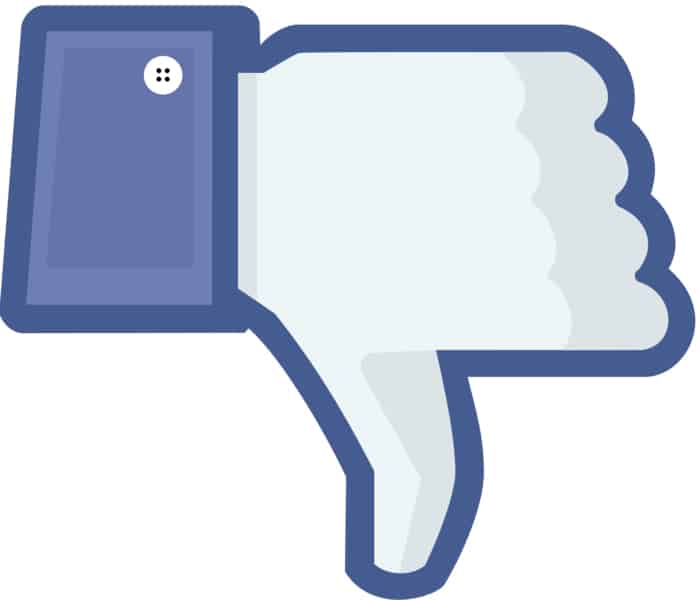Facebook battled dueling crises on Monday as it faced a large-scale outage of its dominant social network for seven hours, and fought against a whistleblower’s damning revelations.
Many long-held fears and criticisms about the platform seem to have been backed up by Facebook’s own research, which ex-worker Frances Haugen has turned over to authorities and the Wall Street Journal.
But as US senators prepared for her highly anticipated Tuesday testimony on the documents, Facebook struggled to end an hours-long outage that potentially hit tens of millions of users across its platforms, including Instagram and WhatsApp.
Tracker Downdetector said it had received 10.6 million reports of problems ranging from the United States and Europe to Colombia and Singapore, with trouble first popping up around 1545 GMT.
Roughly seven hours later, the services began returning online.
“We’ve been working hard to restore access to our apps and services and are happy to report they are coming back online now,” Facebook said in a tweet late Monday afternoon in Silicon Valley.
Facebook had “reconnected to the global internet” as of 2228 GMT but it was expected to take a bit of time to get the social network’s family of services back running smoothly, web security company Cloudflare said in a blog post.
Facebook has not communicated on the possible cause of the outage, but cyber security experts noted they had found signs that online routes that lead people to the social giant were disrupted.
“Facebook and related properties disappeared from the Internet in a flurry of BGP updates,” tweeted John Graham-Cumming, the chief technology officer at Cloudflare.
During the outage, Mike Schroepfer, the company’s chief technology officer, tweeted his “Sincere apologies to everyone impacted by outages of Facebook powered services right now.”
Users trying to access Facebook in affected areas during the outage were greeted with the message: “Something went wrong. We’re working on it and we’ll get it fixed as soon as we can.”
Threats of regulation
Facebook has pushed back hard against the outrage regarding its practices and impact, but this is just the latest crisis to hit the business.
US lawmakers for years have threatened to regulate Facebook and other social media giants to address criticisms that the platforms trample on privacy, provide a megaphone for dangerous misinformation and damage young people’s well-being.
After years of criticism directed at social media, without major legislative overhauls, some experts were skeptical that change was coming.
“This is a situation where there’s going to be a lot of smoke, and a lot of fury, but not a lot of action,” said Mark Hass, an Arizona State University professor
“It’s going to have to come down to the platforms, feeling pressure from their users feeling pressure from their employees,” he added, noting authorities won’t effectively be able to regulate content.
Haugen, a 37-year-old data scientist from Iowa, has worked for companies including Google and Pinterest — but said in an interview with CBS news show “60 Minutes” that Facebook was “substantially worse” than anything she had seen before.
Facebook’s vice president of policy and global affairs Nick Clegg vehemently pushed back at the assertion its platforms are “toxic” for teens, days after a tense, hours-long congressional hearing in which US lawmakers grilled the company over its impact on the mental health of young users.
Senators put the social media giant’s Antigone Davis through the wringer last week over damning reports that Facebook’s own research warned of potential harm.
Davis told lawmakers that a survey of teens on 12 serious issues like anxiety, sadness and eating disorders showed that Instagram was generally helpful to them.
Yet, Senator Richard Blumenthal read aloud excerpts from company documents he said were leaked to lawmakers by a Facebook whistleblower that directly contradicted her.
“Substantial evidence suggests that experiences on Instagram and Facebook make body dissatisfaction worse,” he said, adding the finding was not a disgruntled worker’s complaint but company research.






